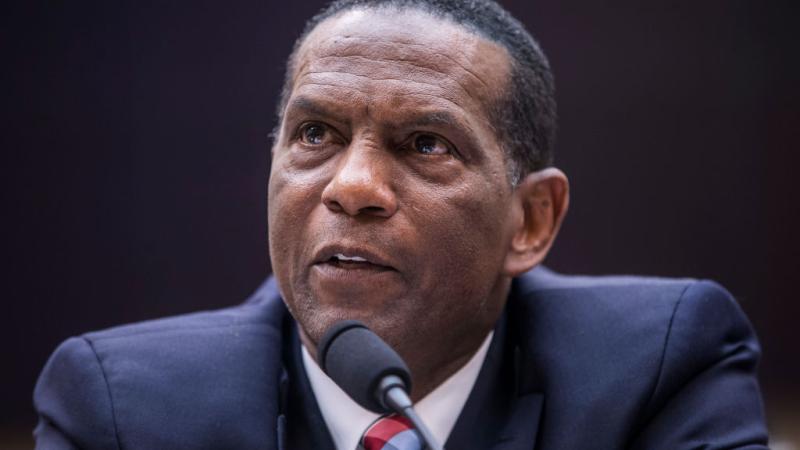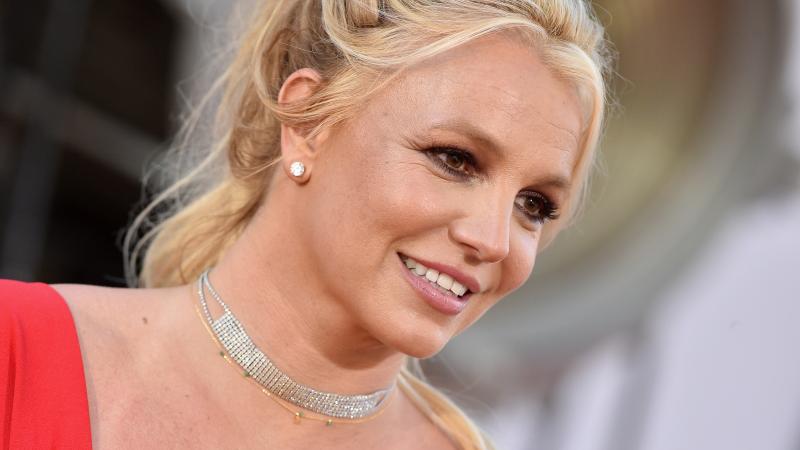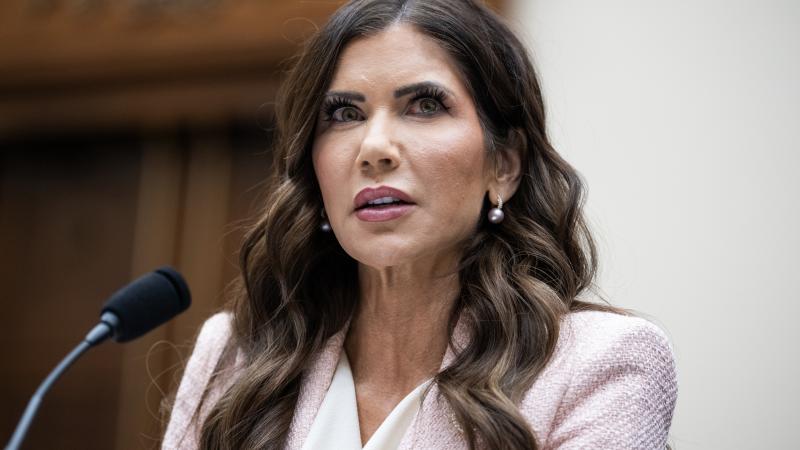Supreme Court rules against affirmative action, in favor of religious liberty
The Supreme Court also issued a decision on whether an employee can be forced to work on their Sabbath
The U.S. Supreme Court on Thursday issued multiple major decisions, including a ruling against using affirmative action in the college admissions process and another unanimous ruling in favor of a Christian whose beliefs prevented him from delivering packages on Sundays.
The Students for Fair Admissions filed two cases dealing with affirmative action against the University of North Carolina and Harvard.
The legal group had argued that the University of North Carolina violated the 14th Amendment's equal protection clause by using race as a consideration in admissions when it is not needed to achieve diversity in its student body.
In the case against Harvard, the group argued that the school violated the Civil Rights Act by discriminating against Asian Americans, who are less likely to be admitted than white, black or Hispanic applicants with similar qualifications.
Justice Ketanji Brown Jackson, who served on a Harvard board until recently, recused herself from the case.
Chief Justice John Roberts delivered the single majority opinion for both affirmative action cases.
"Many universities ... have concluded, wrongly, that the touchstone of an individual’s identity is not challenges bested, skills built, or lessons learned but the color of their skin. Our constitutional history does not tolerate that choice," Roberts wrote.
Justice Clarence Thomas, who is black, wrote in his concurring opinion that affirmative action "policies fly in the face of our colorblind Constitution and our Nation’s equality ideal."
Justices Elana Kagan, Sonia Sotomayor and Jackson, the court's liberal members, dissented from the majority in favor of affirmative action. While Jackson's name was written on the dissent, the court noted that she only weighed in for considerations dealing with the University of North Carolina case, not the Harvard one.
After the court's decision, Edward Blum, Students for Fair Admissions founder and president, said: "Ending racial preferences in college admissions is an outcome that the vast majority of all races and ethnicities will celebrate. A university doesn’t have real diversity when it simply assembles students who look different but come from similar backgrounds and act, talk, and think alike."
The Supreme Court also issued a decision in favor of religious freedom in a case filed by former post office employee Gerald Groff, a Christian who would not deliver packages on Sunday.
Under the court's 1977 ruling regarding religious accommodations, an employer needed to show accommodating religious needs would be an "undue hardship" on the company.
In the new decision, the court held that the law "requires an employer that denies a religious accommodation to show that the burden of granting an accommodation would result in substantial increased costs in relation to the conduct of its particular business."
The high court also issued a decision on whether a U.S. trademark law applies to infringements that occur outside of the United States. The justices held that the law only applies domestically.
The high court is still expected to release decisions before the end of this term on the Biden administration's student loan forgiveness program.
Madeleine Hubbard is an international correspondent for Just the News. Follow her on Twitter or Instagram.
















